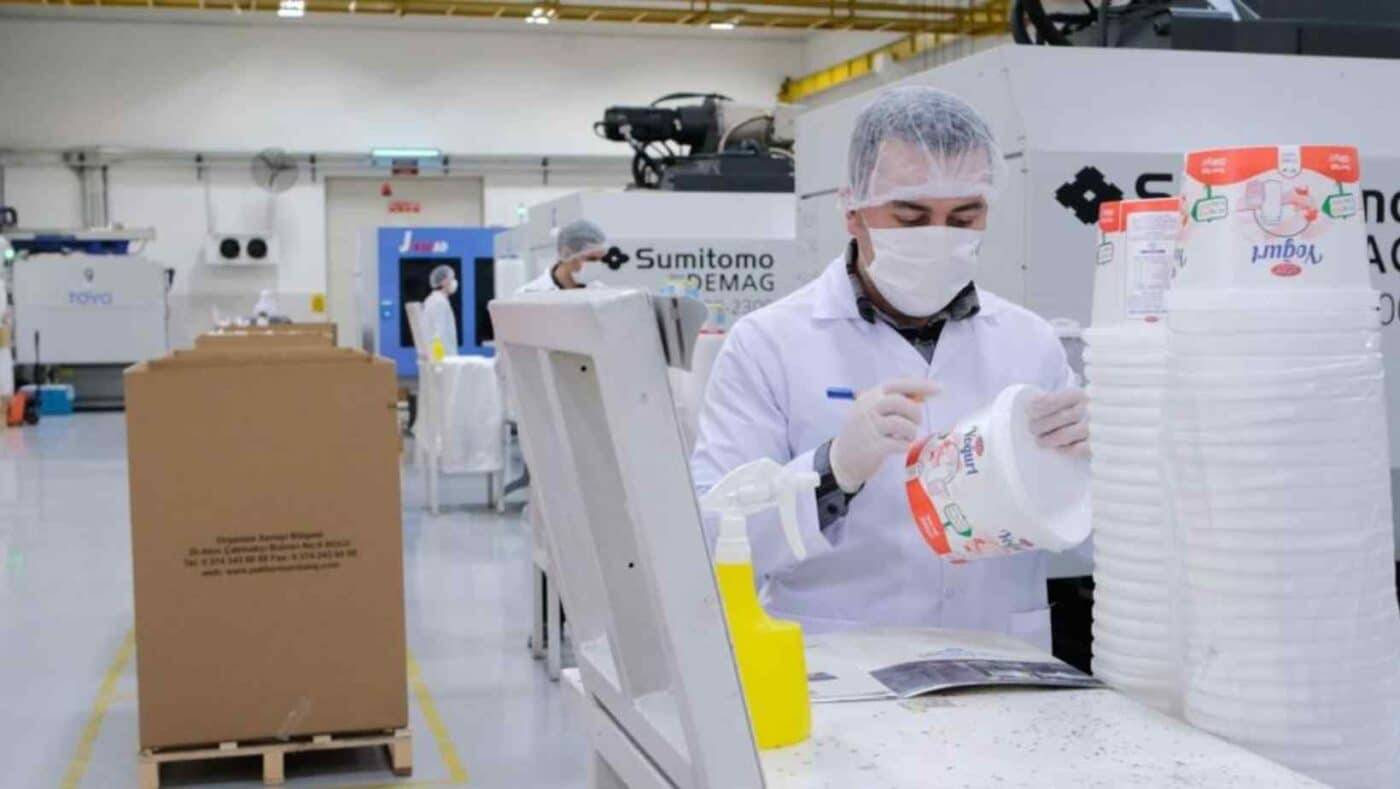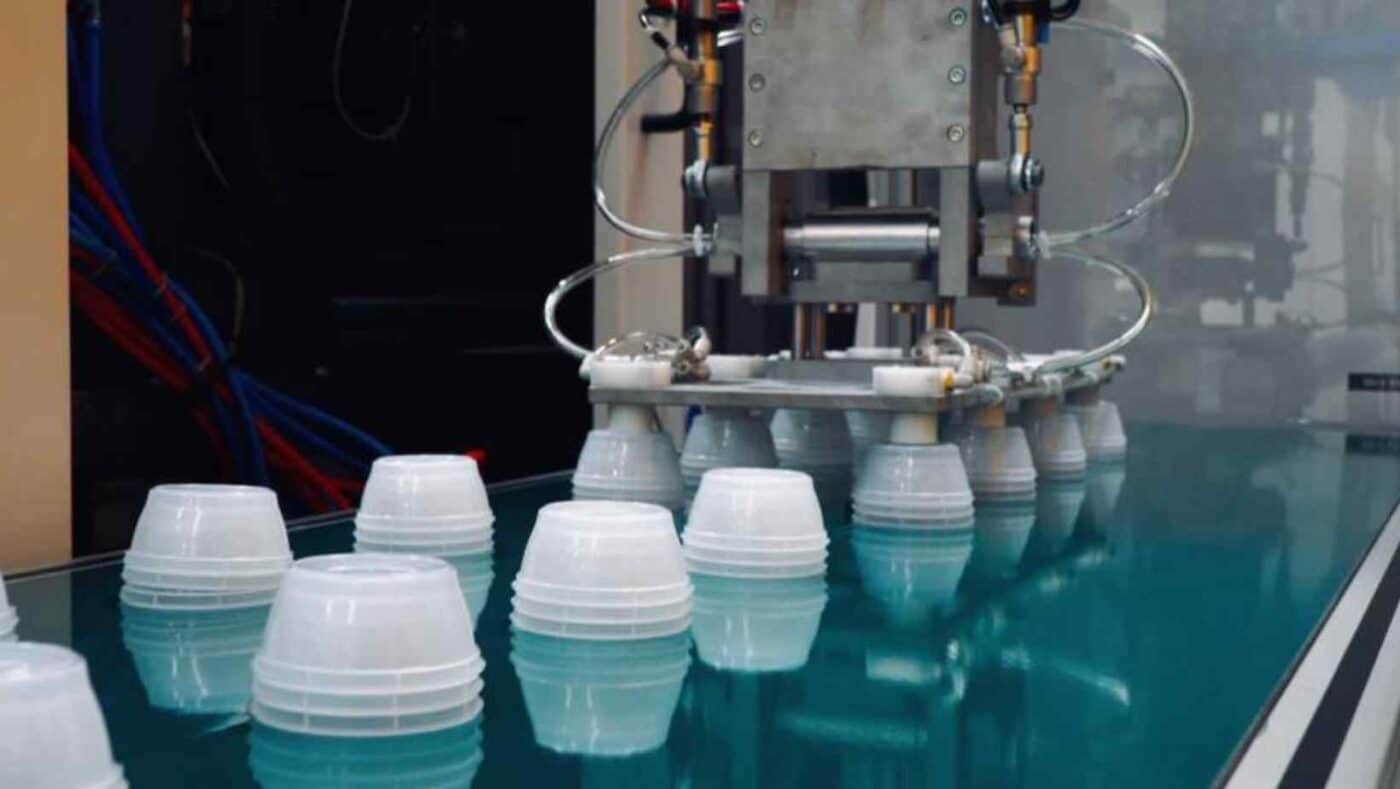Packaging plays a crucial role in protecting products during transportation and storage, as well as increasing brand visibility and enhancing customer experience. It is also an essential aspect of sustainability and waste reduction. As such, packaging manufacturers are integral to creating innovative and effective packaging solutions..
Table of Contents
Environmental Concerns and Solutions
There are various misconceptions about plastic packaging that contribute to environmental concerns. However, with the right practices, plastic packaging can be an eco-friendly option. Sustainable practices in plastic packaging manufacturing include using recycled materials, reducing waste and emissions during production, and implementing energy-efficient processes.
Recycling and repurposing initiatives are also crucial components of sustainable plastic packaging. Many packaging manufacturers offer recycling programs that encourage customers to return used packaging for proper disposal. Additionally, some companies use repurposed plastic waste as a raw material for new packaging products.
Innovations in Plastic Packaging Manufacturing
The packaging industry is constantly evolving, with many innovations being developed to address concerns about sustainability and convenience. One example of this is smart packaging technology, which incorporates features like sensors and QR codes to improve functionality and user experience. Biodegradable and compostable materials are also gaining popularity, which offer a more sustainable alternative to traditional plastics. Advanced customization options, such as 3D printing and digital printing, allow for greater flexibility in terms of design and branding.

The Future of Plastic Packaging Manufacturing
As consumers become more environmentally conscious, the demand for sustainable packaging solutions will continue to grow. This presents both opportunities and challenges for plastic packaging manufacturers. To stay competitive, manufacturers must invest in innovative technologies and adopt sustainable practices throughout their operations. Potential advancements in the industry include new bioplastics, improved recycling processes, and increased use of automation and robotics.
FAQs
How can packaging manufacturers promote sustainability?
Packaging manufacturers can promote sustainability by adopting various measures, including:
- Reducing material use: By designing packaging that uses fewer materials, manufacturers can reduce waste and conserve resources.
- Using sustainable materials: Manufacturers can choose materials that are renewable, biodegradable, or compostable, such as plant-based plastics or paper made from sustainable forests.
- Designing for recyclability: Packaging can be designed to be easily recycled, with clear labeling and instructions for consumers.
- Implementing closed-loop systems: Manufacturers can implement closed-loop systems where packaging materials are recycled back into the production process.
- Using renewable energy sources: Manufacturers can reduce their carbon footprint by using renewable energy sources such as wind or solar power to run their operations.
- Promoting sustainable practices throughout the supply chain: Manufacturers can work with suppliers and customers to promote sustainable practices throughout the supply chain.
- Incorporating life cycle analysis: Packaging manufacturers can conduct a life cycle analysis to understand the environmental impact of their products from production to disposal and identify opportunities for improvement.
What is smart packaging technology?
Smart packaging technology refers to the integration of electronics, sensors, and other innovative technologies into product packaging to provide additional functionality and benefits beyond traditional packaging. Smart packaging can help enhance product safety, quality, and convenience for consumers, while also improving supply chain efficiency and reducing waste.
Some examples of smart packaging technology include:
- Temperature sensors: Packaging with built-in temperature sensors can help monitor the temperature of perishable goods during transportation and storage to ensure they remain at the optimal temperature.
- QR codes: QR codes on packaging can provide consumers with additional information about a product, such as its origin, ingredients, or nutritional information.
- RFID tags: Radio-frequency identification (RFID) tags can be used to track products throughout the supply chain, which can help improve inventory management and reduce waste.
- Time-temperature indicators: These indicators can show whether a product has been exposed to temperature conditions that could compromise its safety or quality.
- Interactive packaging: Packaging that can interact with consumers, such as augmented reality or interactive games, can provide an engaging and memorable experience
How are biodegradable materials changing the packaging industry?
Biodegradable materials are changing the packaging industry by providing a more sustainable alternative to traditional packaging materials that can take hundreds of years to decompose in landfills or pollute the environment. Biodegradable materials are made from organic substances that can break down naturally over time, leaving behind no harmful residue.
The use of biodegradable materials in packaging has several benefits, including:
- Reduced environmental impact: Biodegradable materials break down naturally and do not leave behind harmful pollutants, which reduces the environmental impact of packaging.
- Increased consumer demand: As consumers become more aware of environmental issues, there is a growing demand for products that are eco-friendly and sustainable.
- Compliance with regulations: Governments around the world are introducing regulations to reduce the use of non-biodegradable materials, which is driving the adoption of biodegradable packaging.
- Innovation opportunities: The use of biodegradable materials is driving innovation in the packaging industry as manufacturers explore new materials and technologies to improve the performance and functionality of biodegradable packaging.
Are there any regulations or standards for sustainable packaging?
There are various regulations and standards around the world that address sustainable packaging. For example, the European Union has implemented the Circular Economy Package, which includes targets for recycling and reducing waste. The Sustainable Packaging Coalition in the US has developed guidelines for sustainable packaging design and production. Additionally, many companies have their own sustainability initiatives and certifications, such as the Forest Stewardship Council (FSC) certification for responsibly sourced paper and wood-based products.
What are some common misconceptions about plastic packaging?
One common misconception is that all plastic packaging is harmful to the environment. However, when produced sustainably and recycled properly, it can be an eco-friendly option. Another misconception is that biodegradable and compostable materials are always a better choice than traditional plastics. While these materials offer benefits, they also present unique challenges and may not always be the most practical solution.
How can consumers contribute to sustainable packaging practices?
Consumers play an important role in the sustainability of packaging by making informed choices and properly disposing of used packaging. This includes choosing products with minimal packaging, opting for reusable containers where possible, and recycling properly. Consumers can also support companies that prioritize sustainability and advocate for stricter regulations on unsustainable packaging practices.

